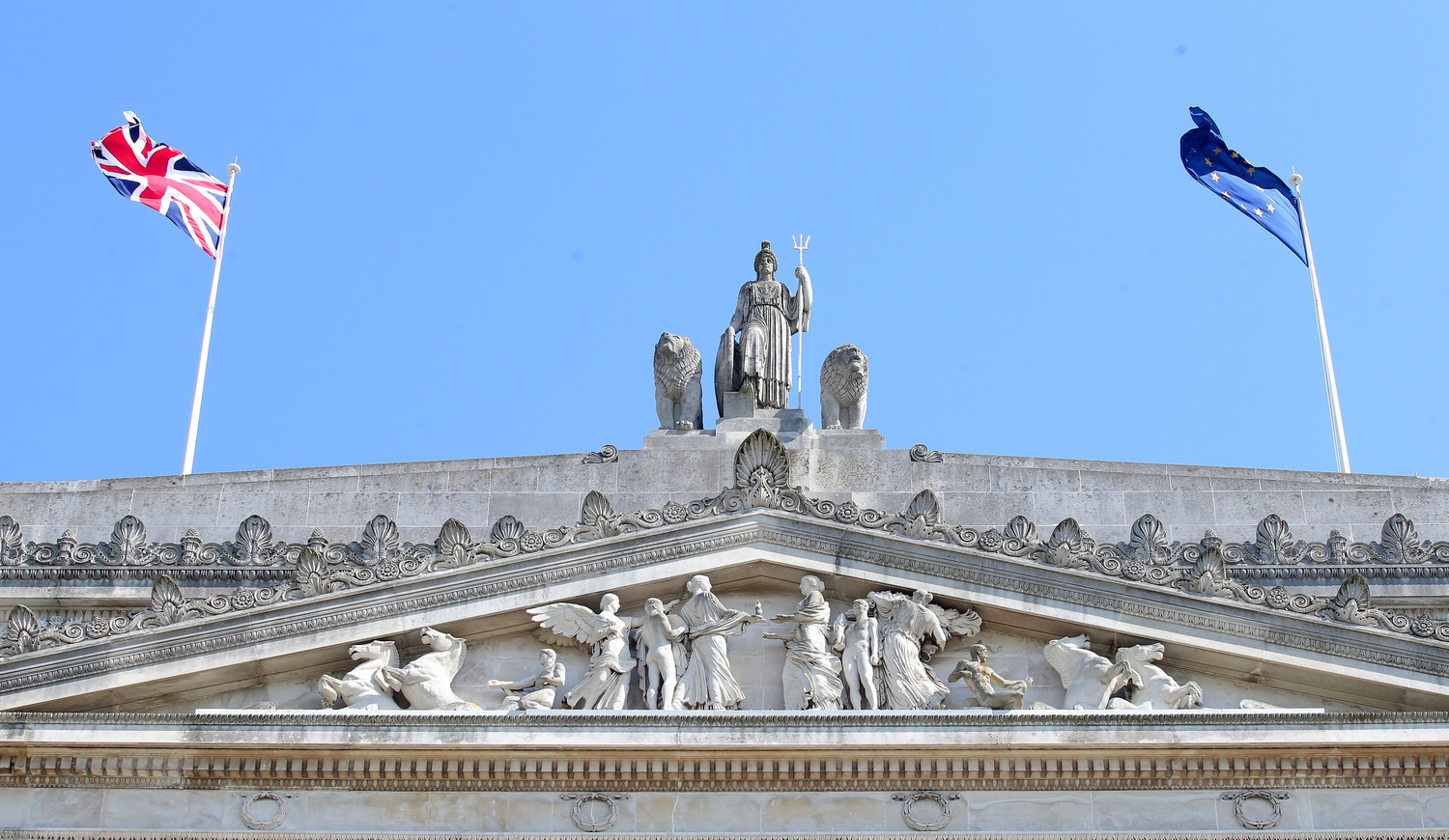MEMBERSHIP of the European Economic Area could provide Northern Ireland with a “significant degree of certainty” in a post-Brexit Europe and address many issues around a ‘hard border’ with the Republic of Ireland.
That’s according to a group of experts, who say membership of the European Economic Area (EEA) could resolve many but not all of the challenges facing Northern Ireland when the UK leaves the European Union (EU).
The expert group is made up of leading academics from Queen’s University Belfast, including professors Christopher McCrudden, David Phinnemore, Dagmar Schiek and Dr Lee McGowan. Brian Doherty, who previously worked with the Departmental Solicitors Office and Dr John Temple Lang, who worked with the legal service of the European Commission, were also involved in the proposal.
A document prepared by the group said EEA membership would offer some economic and trade certainty by retaining full access to the single market and the free movement of goods, services, capital and people.
It is also a “known quantity”, as it is an arrangement already enjoyed by Norway, Iceland and Liechtenstein.
“The EEA would also go some way to safeguarding the status quo as regards maintenance of the spirit, if not the letter, of the Belfast/Good Friday Agreement, in providing membership of both Northern Ireland and the Republic of Ireland in a common European economic entity,” the expert group said.
EEA membership for one part of the United Kingdom, however, would present legal and political challenges, requiring political agreement in principle between Belfast, London, Brussels and Dublin and buy-in from all EU member states and members of the EEA.
Becoming a member of the EEA would also not resolve customs and trade tariff issues between Northern Ireland and the Republic of Ireland, which is set to become the only border between the UK and EU in a post-Brexit landscape.
“Joining the EEA would be no panacea for the challenges associated with Brexit. It would pose a number of political and constitutional challenges for the United Kingdom and require the EEA agreement to be amended,” the expert group concluded.
Key points of proposed EEA solution for Northern Ireland post-Brexit
Advantages:
- Membership of the European Economic Area (EEA) is an established and known arrangement, already in place in Norway and Iceland, and could apply to Northern Ireland.
- EEA membership would mean NI enjoys the benefits of the European single market – free movement of goods, services, capital and people across the EEA.
- EEA membership would resolve many of the challenges posed by a ‘hard border’ with the Republic of Ireland after Brexit.
- EEA membership would allow the economic situation and trading environment in NI to remain substantially unchanged.
- EEA membership would also permit some EU citizenship rights to be maintained for NI citizens.
- EEA membership would allow NI to participate in some EU programmes and co-operation activities.
- EEA membership would allow the single electricity market on the island of Ireland to be maintained.
Challenges:
- EEA membership for NI would require buy-in from the UK government, EU member states and other EEA members.
- EEA membership would require a “modest payment” into the EU budget on behalf of NI.
- As an EEA member NI would be outside the EU customs union so membership would not avoid a customs border between NI and the Republic.
- EEA membership would place NI outside the Common Agricultural Policy, Common Fisheries Policy, and EU Structural Funds programme.
- EU human rights protections and co-operation on policing and judicial matters would no longer apply to NI.
- Immigration controls may be introduced to control the movement of people from NI to the rest of the UK.
Read the document in full here.
 By
By
